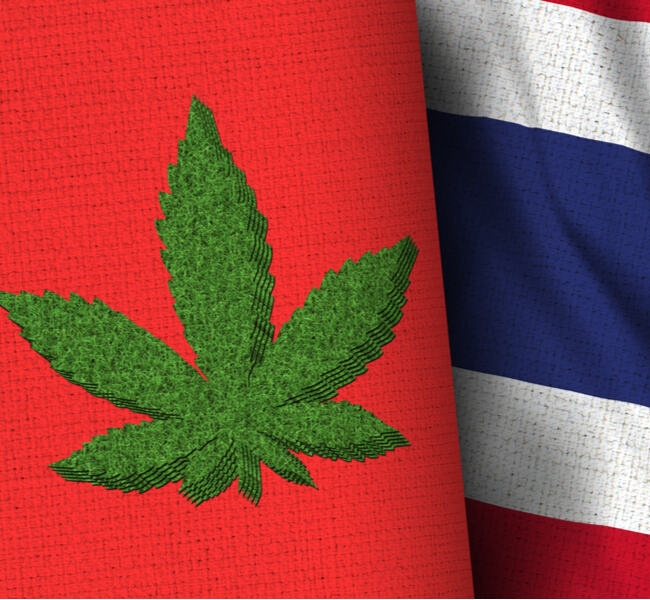After successfully legalizing CBD and THC-based medications for qualifying patients, Brazil's health agency has now announced plans to draft regulations for the cultivation of cannabis for medical and research purposes. Growing medical marijuana for these two purposes has technically been legal since 2006, but companies have not been able to proceed with grow-operations because there are no official rules in place to regulate cannabis cultivation.
Anvisa, Brazil's Health Surveillance Agency, has announced that they intend to finalize medical marijuana cultivation regulations by the end of this year. Public laboratories, companies, and universities will be allowed to grow cannabis for medical purposes, but individual Brazilian citizens will not be allowed to grow their own plants. However, patient associations may be allowed to partner with universities so that they can get access to medical cannabis.
Anvisa officials are also considering allowing companies to both grow and process cannabis in order to produce oils and extracts for medical purposes. These companies would potentially be allowed to sell their products directly to patients, after Anvisa inspects the products, in a model similar to Canada's medical marijuana program.
Brazilian patients who are currently using medical cannabis are forced to either import these products from other countries, or grow pot themselves illegally.











